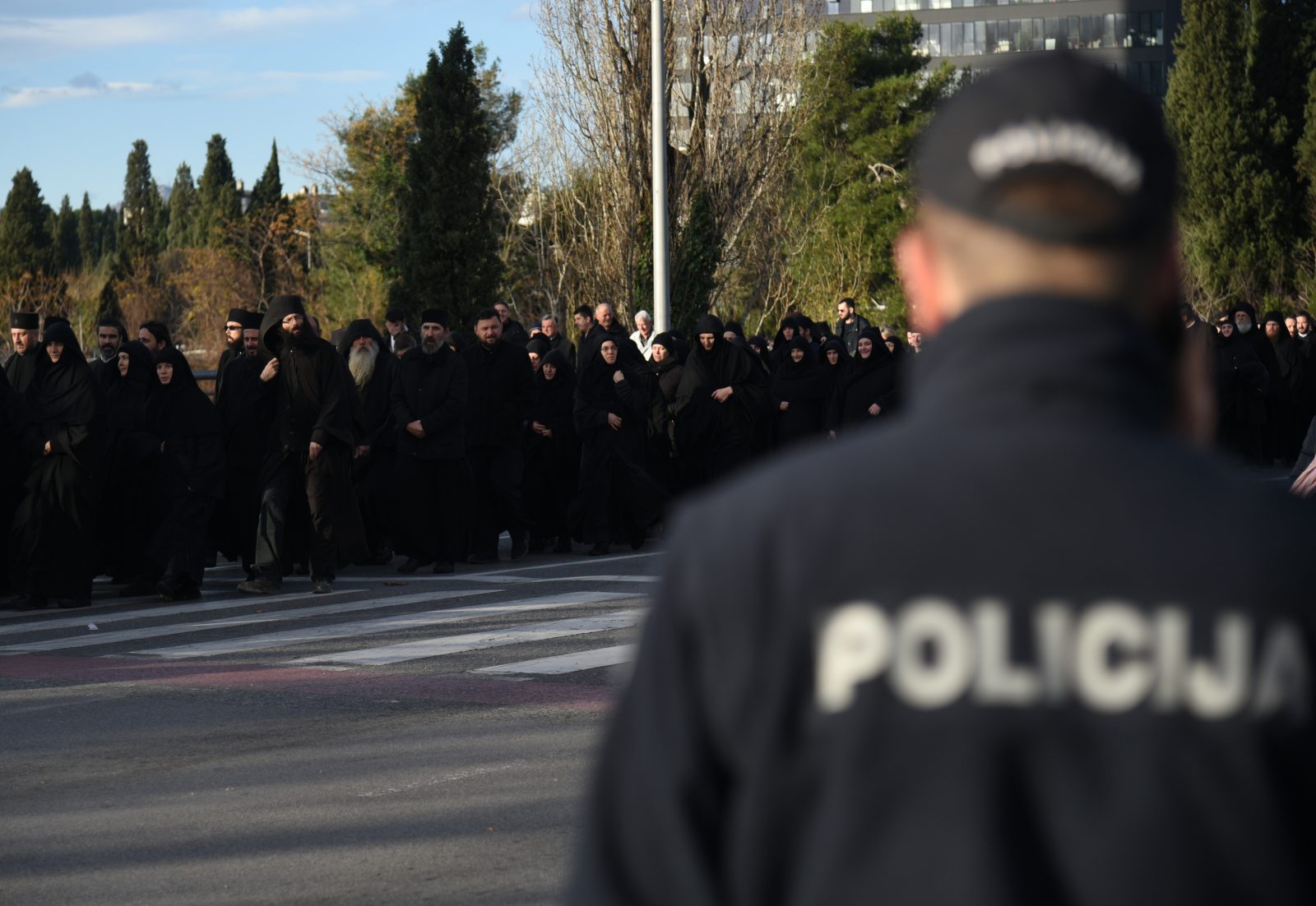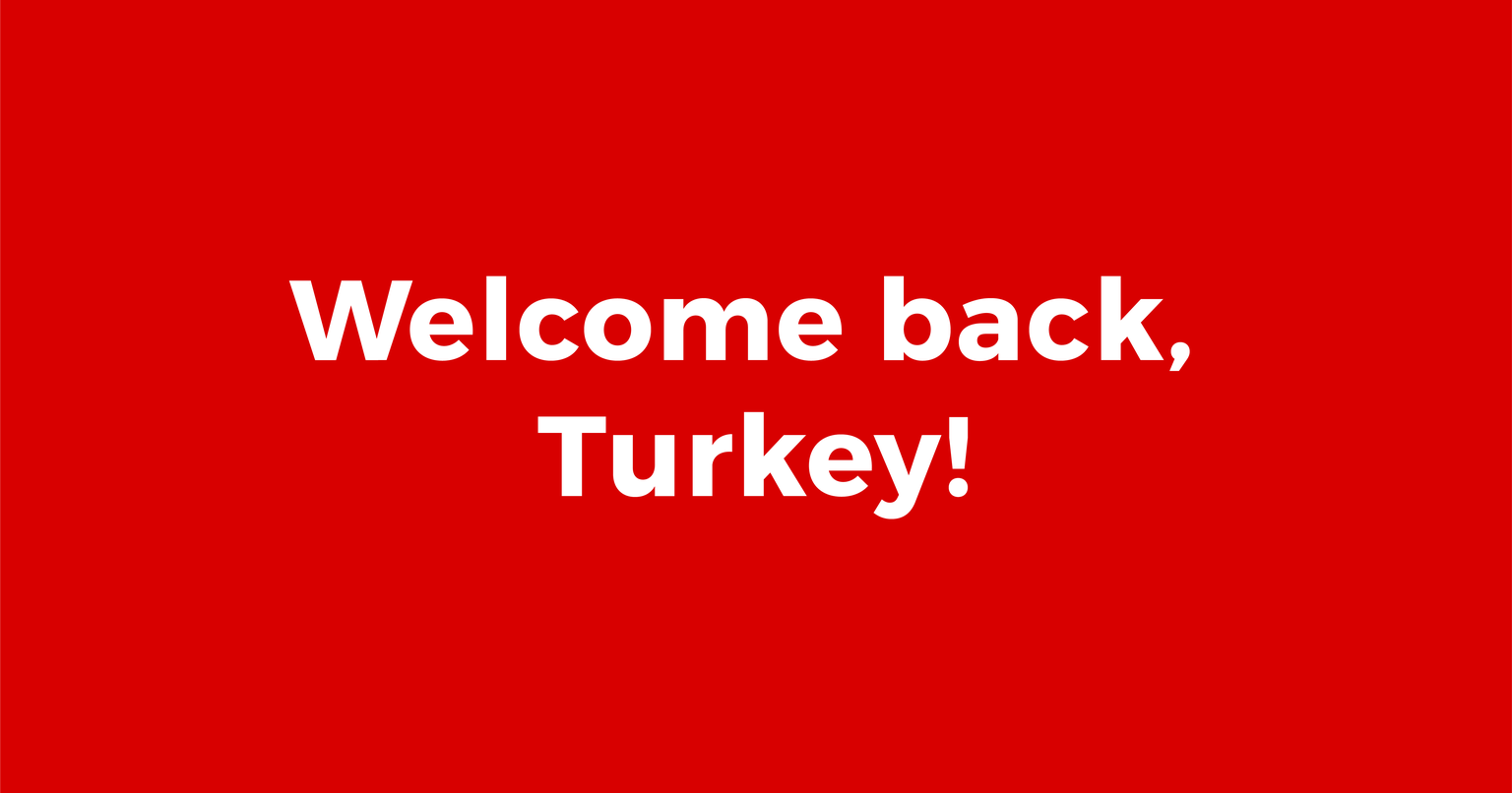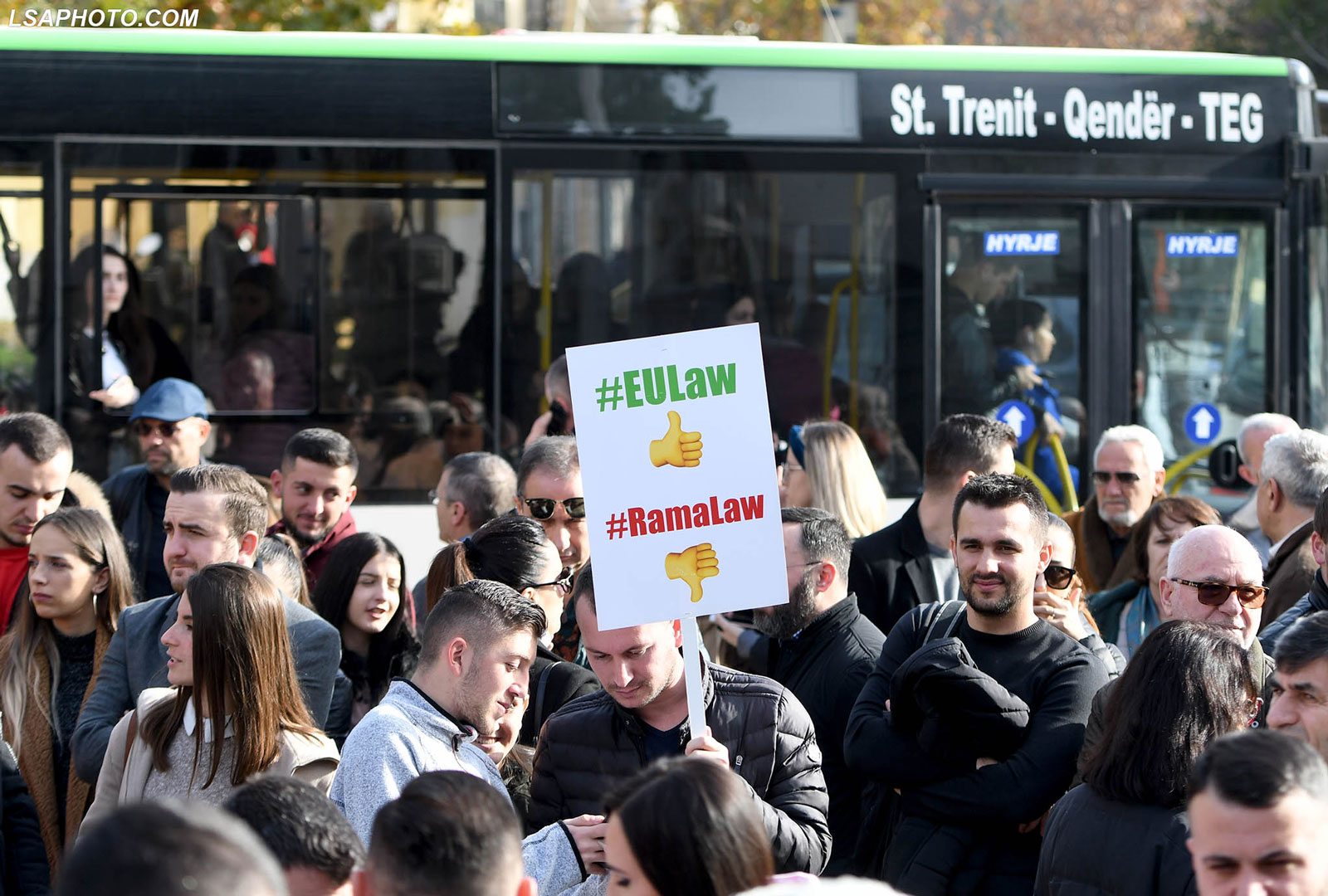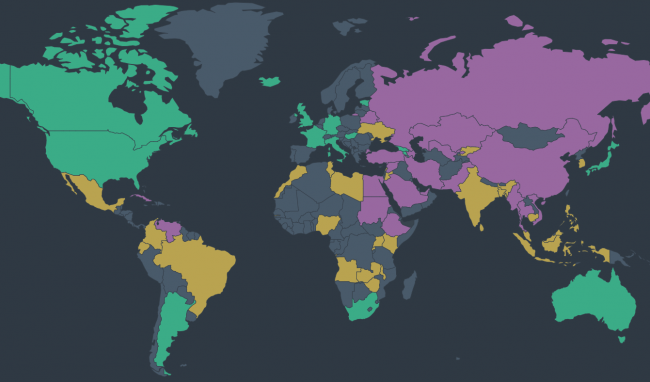Freedom on the Net is a comprehensive study of internet freedom in 65 countries around the globe, covering 87 percent of the world’s internet users. It tracks improvements and declines in internet freedom conditions each year. The countries included in the study have been selected to represent diverse geographical regions and regime types. In-depth reports on each country can be found at freedomonthenet.org.
More than 70
analysts contributed to this year’s edition, using a 21-question research
methodology that addresses internet access, freedom of expression, and privacy
issues. In addition to ranking countries by their internet freedom score, the
project offers a unique opportunity to identify global trends related to the
impact of information and communication technologies on democracy.
Country-specific data underpinning this year’s trends is available online. This
report, the ninth in its series, focuses on developments that occurred between
June 2018 and May 2019.
Of the 65
countries assessed, 33 have been on an overall decline since June 2018,
compared with 16 that registered net improvements. The biggest score declines took
place in Sudan and Kazakhstan followed by Brazil, Bangladesh, and Zimbabwe.
In Sudan,
nationwide protests sparked by devastating economic hardship led to the ouster
of President Omar al-Bashir after three decades in power. Authorities blocked
social media platforms on several occasions during the crisis, including a
two-month outage, in a desperate and ultimately ineffective attempt to control
information flows. The suspension of the constitution and the declaration of a
state of emergency further undermined free expression in the country.
Harassment and violence against journalists, activists, and ordinary users
escalated, generating multiple allegations of torture and other abuse.
In
Kazakhstan, the unexpected resignation of longtime president Nursultan
Nazarbayev—and the sham vote that confirmed his chosen successor in
office—brought simmering domestic discontent to a boil. The government
temporarily disrupted internet connectivity, blocked over a dozen local and
international news websites, and restricted access to social media platforms in
a bid to silence activists and curb digital mobilization. Also contributing to
the country’s internet freedom decline were the government’s efforts to
monopolize the mobile market and implement real-time electronic surveillance.
The victory
of Jair Bolsonaro in Brazil’s October 2018 presidential election proved a
watershed moment for digital election interference in the country. Unidentified
actors mounted cyberattacks against journalists, government entities, and
politically engaged users, even as social media manipulation reached new
heights. Supporters of Bolsonaro and his far-right “Brazil over Everything, God
above Everyone” coalition spread homophobic rumors, misleading news, and
doctored images on YouTube and WhatsApp. Once in office, Bolsonaro hired
communications consultants credited with spearheading the sophisticated
disinformation campaign.
In
Bangladesh, citizens organized mass protests calling for better road safety and
other reforms, and a general election was marred by irregularities and
violence. To maintain control over the population and limit the spread of
unfavorable information, the government resorted to blocking independent news
websites, restricting mobile networks, and arresting journalists and ordinary
users alike.
Deteriorating
economic conditions in Zimbabwe made the internet less affordable. As civil
unrest spread throughout the country, triggering a violent crackdown by
security forces, authorities restricted connectivity and blocked social media
platforms.
China confirmed its status as
the world’s worst abuser of internet freedom for the fourth consecutive year. Censorship reached unprecedented
extremes as the government enhanced its information controls in advance of the
30th anniversary of the Tiananmen Square massacre and in the face of widespread
antigovernment protests in Hong Kong. In a relatively new tactic,
administrators shuttered individual accounts on the hugely popular WeChat
social media platform for any sort of “deviant” behavior, including minor
infractions such as commenting on environmental disasters, which encouraged
pervasive self-censorship. Officials have reported removing tens of thousands
of accounts for allegedly “harmful” content on a quarterly basis. The campaign
cut individuals off from a multifaceted tool that has become essential to
everyday life in China, used for purposes ranging from transportation to
banking. This blunt penalty has also narrowed avenues for digital mobilization
and further silenced online activism.
Internet
freedom declined in the United States. While the online environment remains
vibrant, diverse, and free from state censorship, this report’s coverage period
saw the third straight year of decline. Law enforcement and immigration
agencies expanded their surveillance of the public, eschewing oversight,
transparency, and accountability mechanisms that might restrain their actions.
Officials increasingly monitored social media platforms and conducted
warrantless searches of travelers’ electronic devices to glean information
about constitutionally protected activities such as peaceful protests and
critical reporting. Disinformation was again prevalent around major political
events like the November 2018 midterm elections and congressional confirmation
hearings for Supreme Court nominee Brett Kavanaugh. Both domestic and foreign
actors manipulated content for political purposes, undermining the democratic
process and stoking divisions in American society. In a positive development
for privacy rights, the Supreme Court ruled that warrants are required for law
enforcement agencies to access subscriber-location records from third parties.
Only 16
countries earned improvements in their internet freedom scores, and most gains
were marginal. Ethiopia recorded the
biggest improvement this year. The April 2018 appointment of Prime Minister
Abiy Ahmed led to an ambitious reform agenda that loosened restrictions on the
internet. Abiy’s government unblocked 260 websites, including many known to
report on critical political issues. Authorities also lifted a state of
emergency imposed by the previous government, which eased legal restrictions on
free expression, and reduced the number of people imprisoned for online
activity. Although the government continued to impose network shutdowns, they
were temporary and localized, unlike the nationwide shutdowns that had occurred
in the past.
Other
countries also benefited from an opening of the online environment following
political transitions. A new coalition government in Malaysia made good on some
of its democratic promises after winning May 2018 elections and ending the
six-decade reign of the incumbent coalition. Local and international websites
that were critical of the previous government were unblocked, while
disinformation and the impact of paid commentators known as “cybertroopers”
began to abate. However, these positive developments were threatened by a rise
in harassment, notably against LGBT+ users and an independent news website, and
by the 10-year prison term imposed on a user for Facebook comments that were
deemed insulting to Islam and the prophet Muhammad.
In Armenia, positive changes
unleashed by the 2018 Velvet Revolution continued, with reformist prime
minister Nikol Pashinyan presiding over a reduction in restrictions on content
and violations of users’ rights. In particular, violence against online
journalists declined, and the digital news media enjoyed greater freedom from
economic and political pressures.
Iceland became the world’s
best protector of internet freedom, having registered no civil or criminal cases against
users for online expression during the coverage period. The country boasts
enviable conditions, including near-universal connectivity, limited
restrictions on content, and strong protections for users’ rights. However, a
sophisticated nationwide phishing scheme challenged this free environment and
its cybersecurity infrastructure in 2018.




